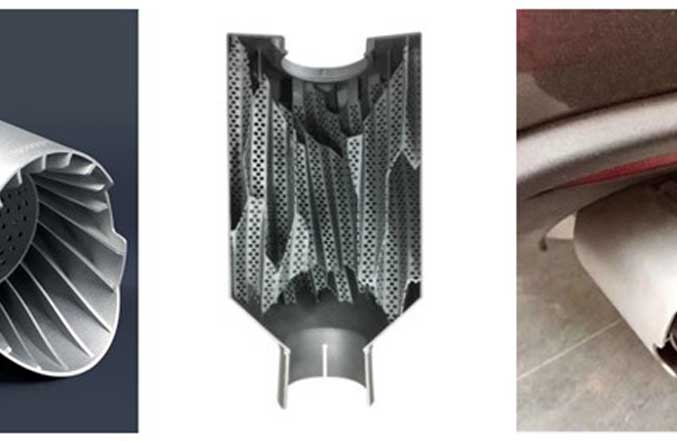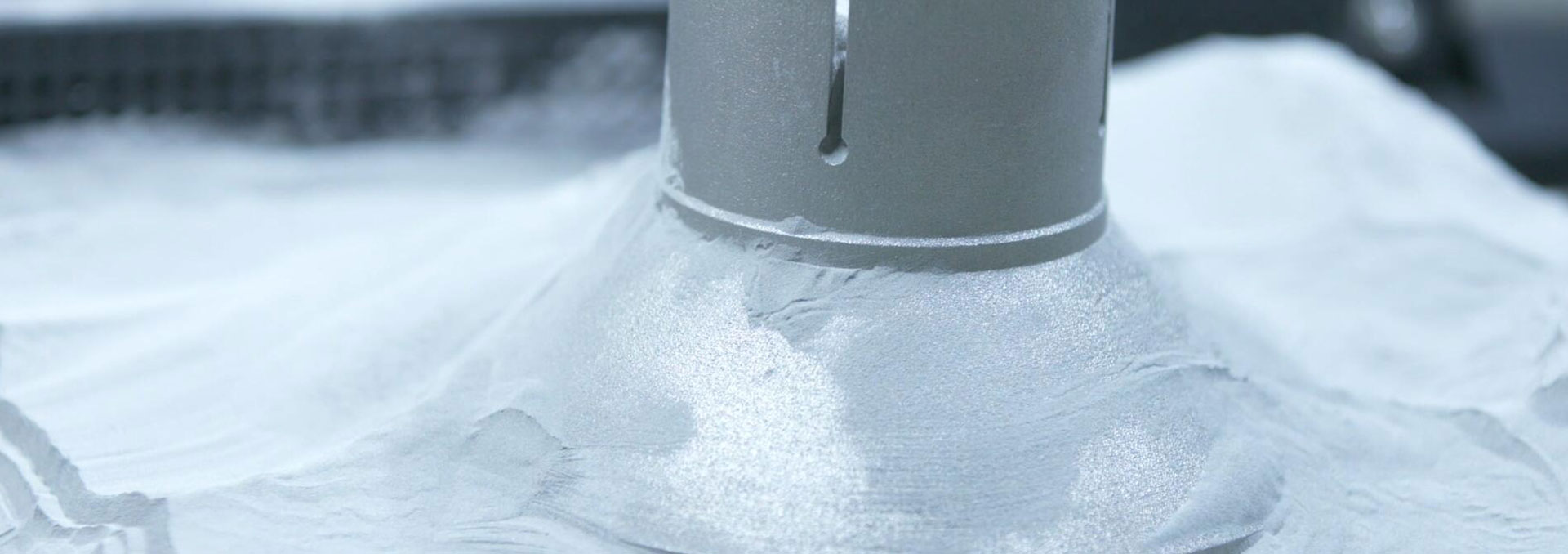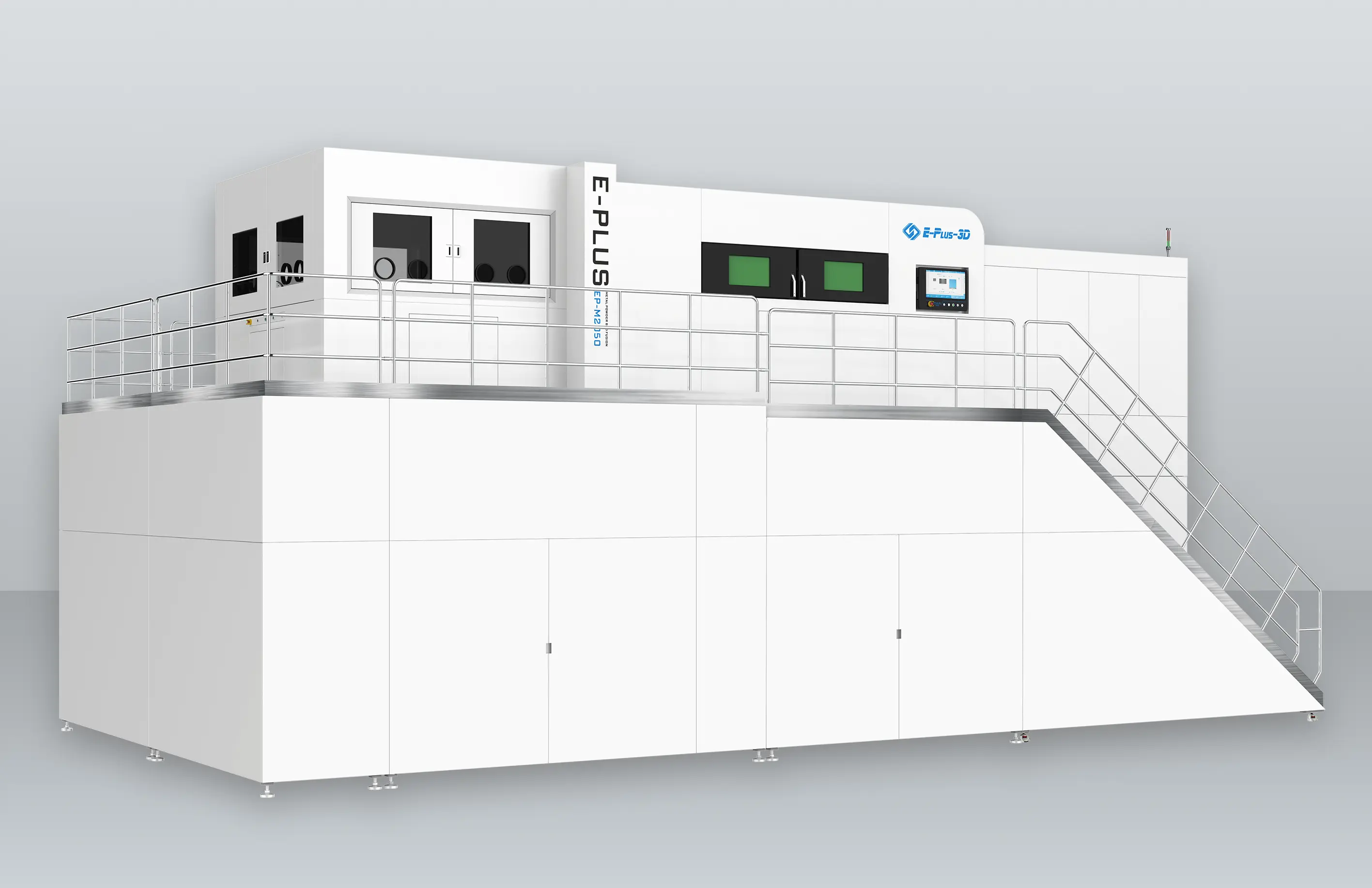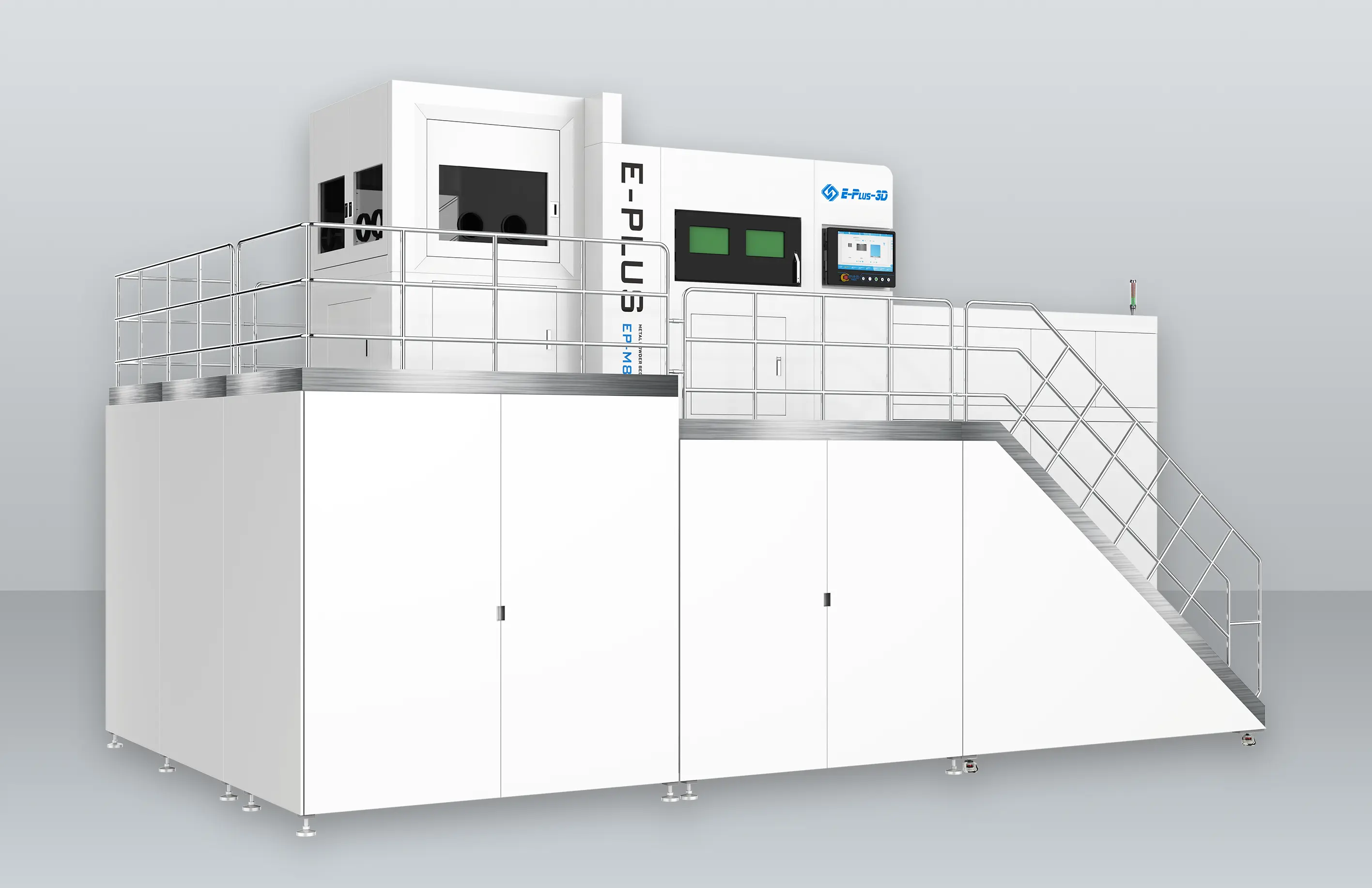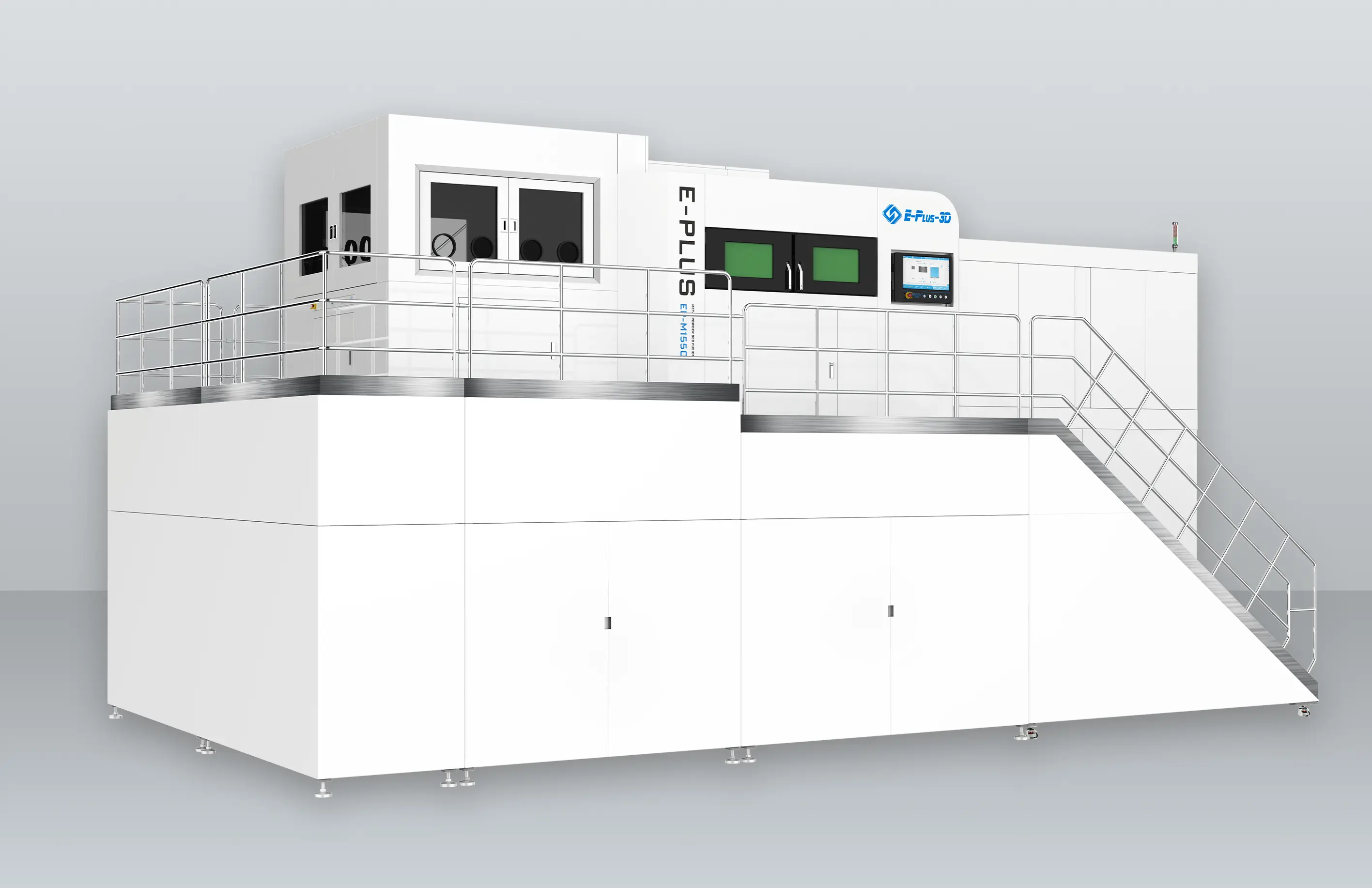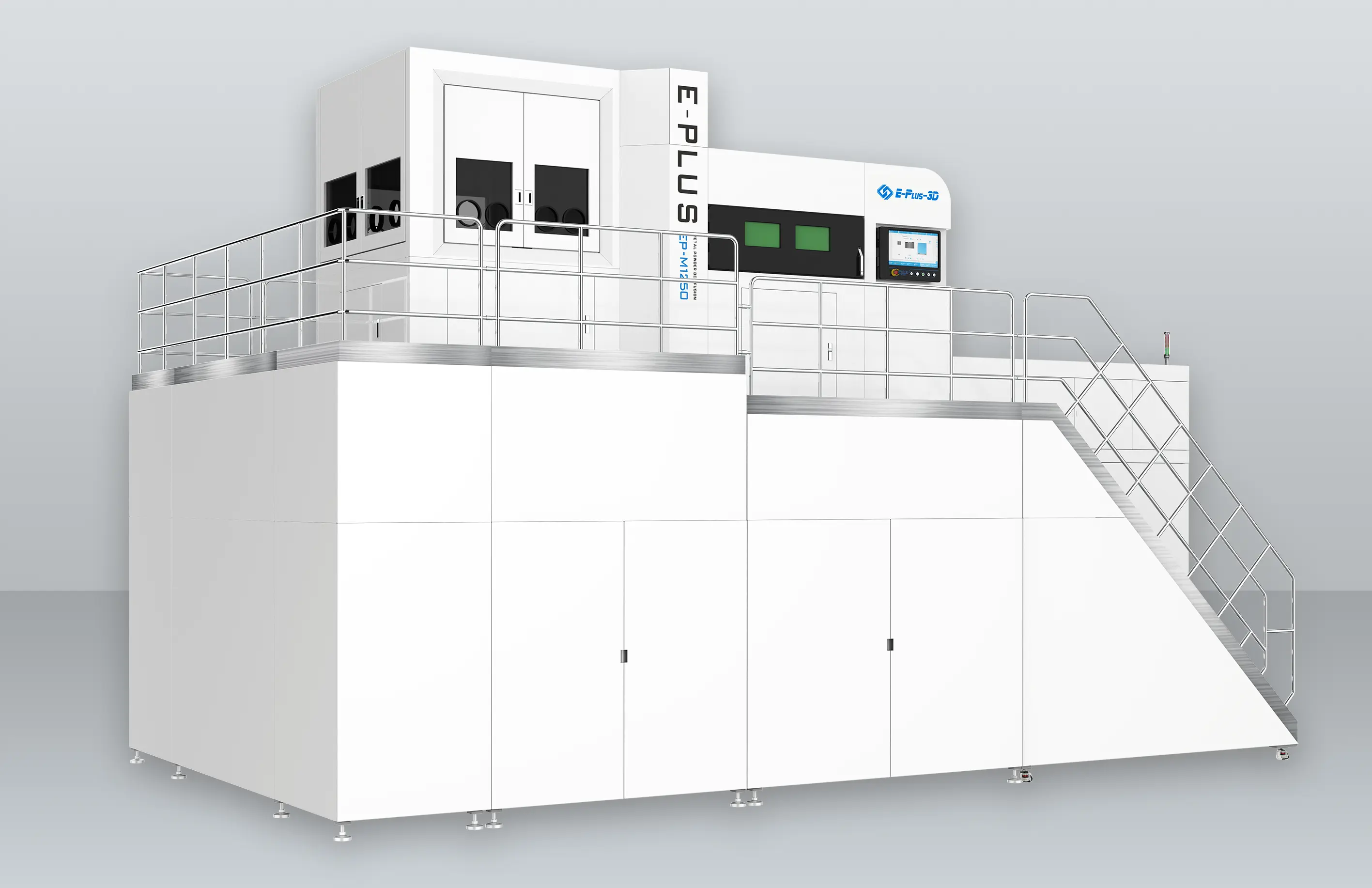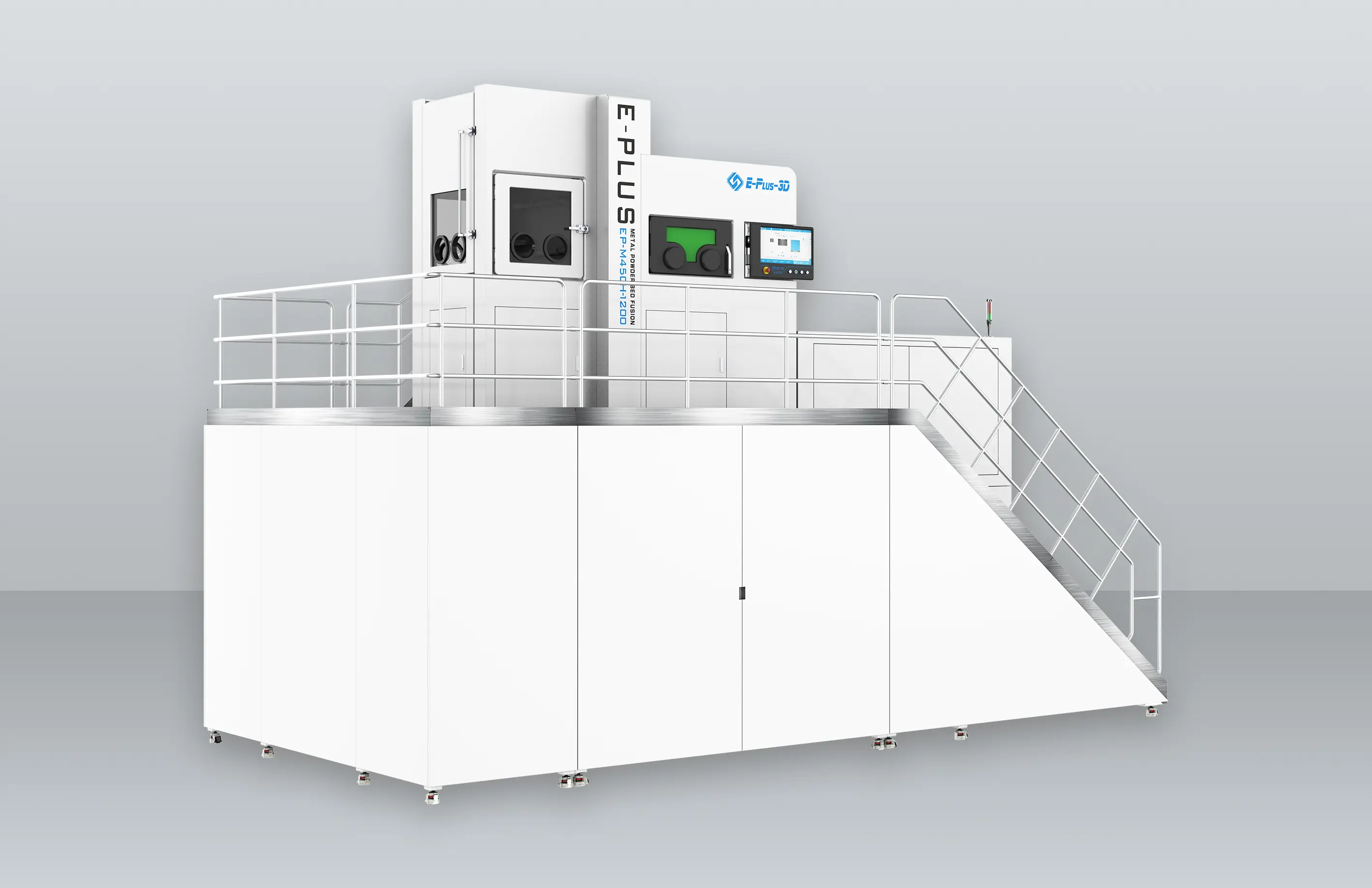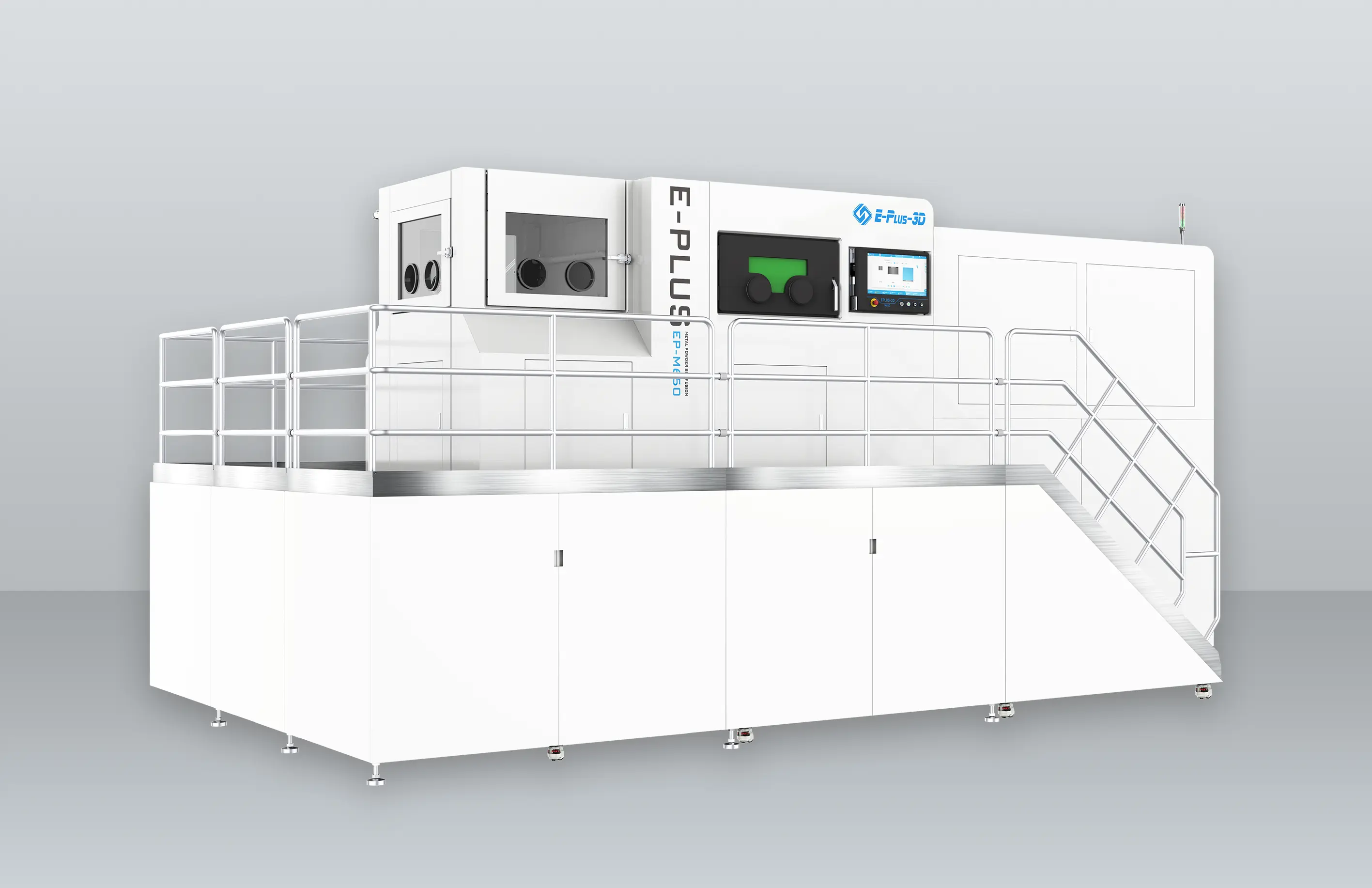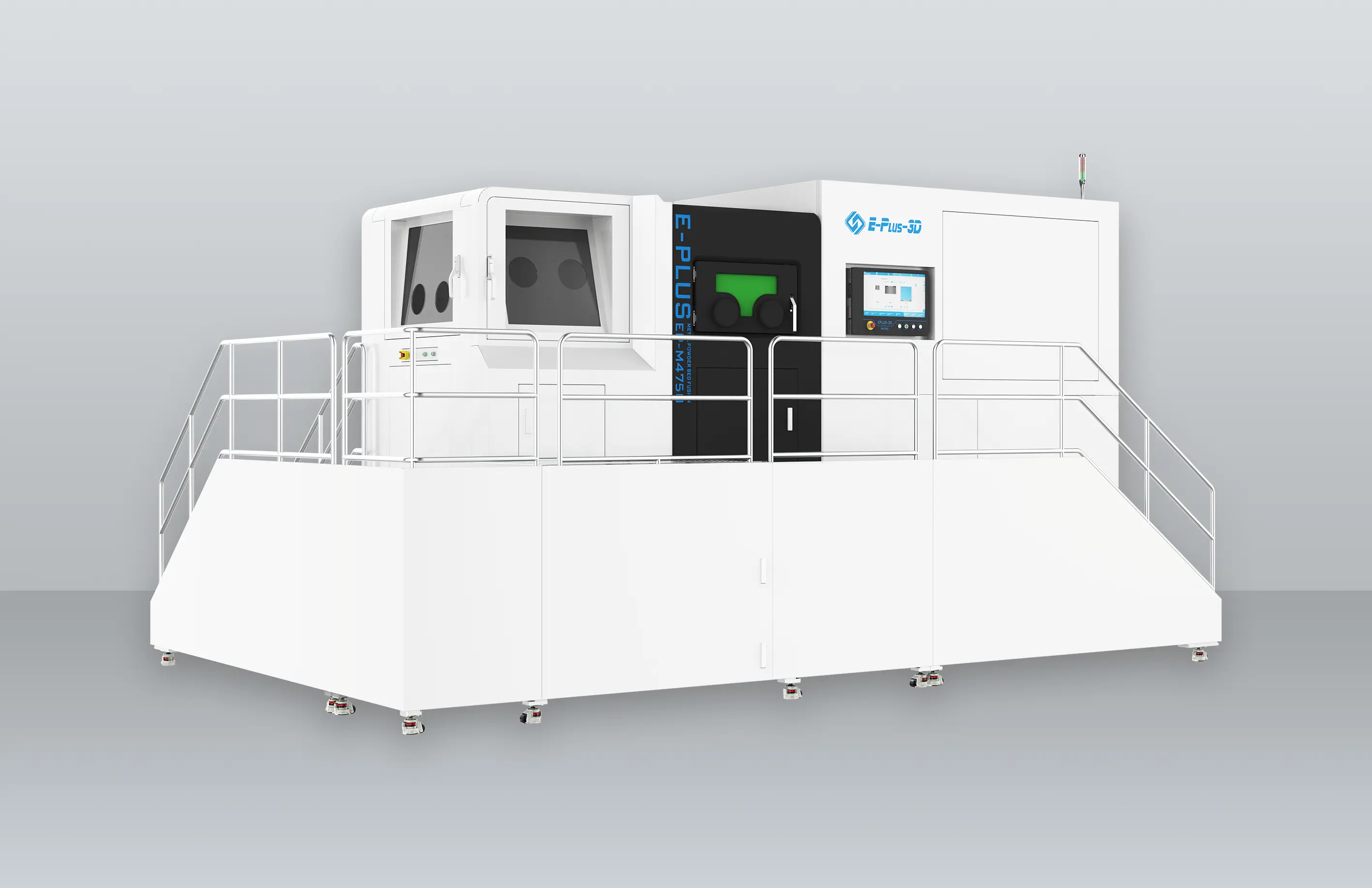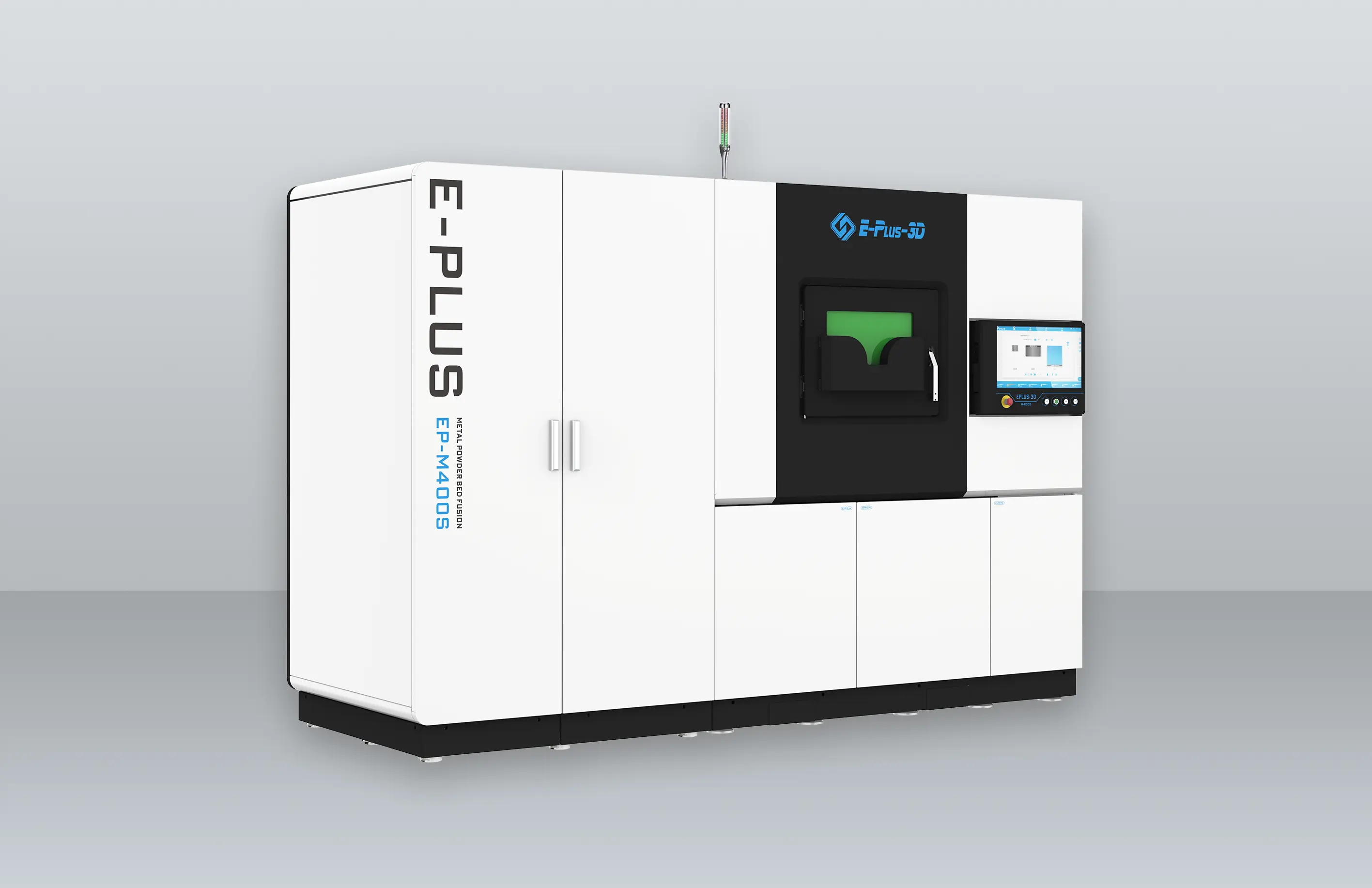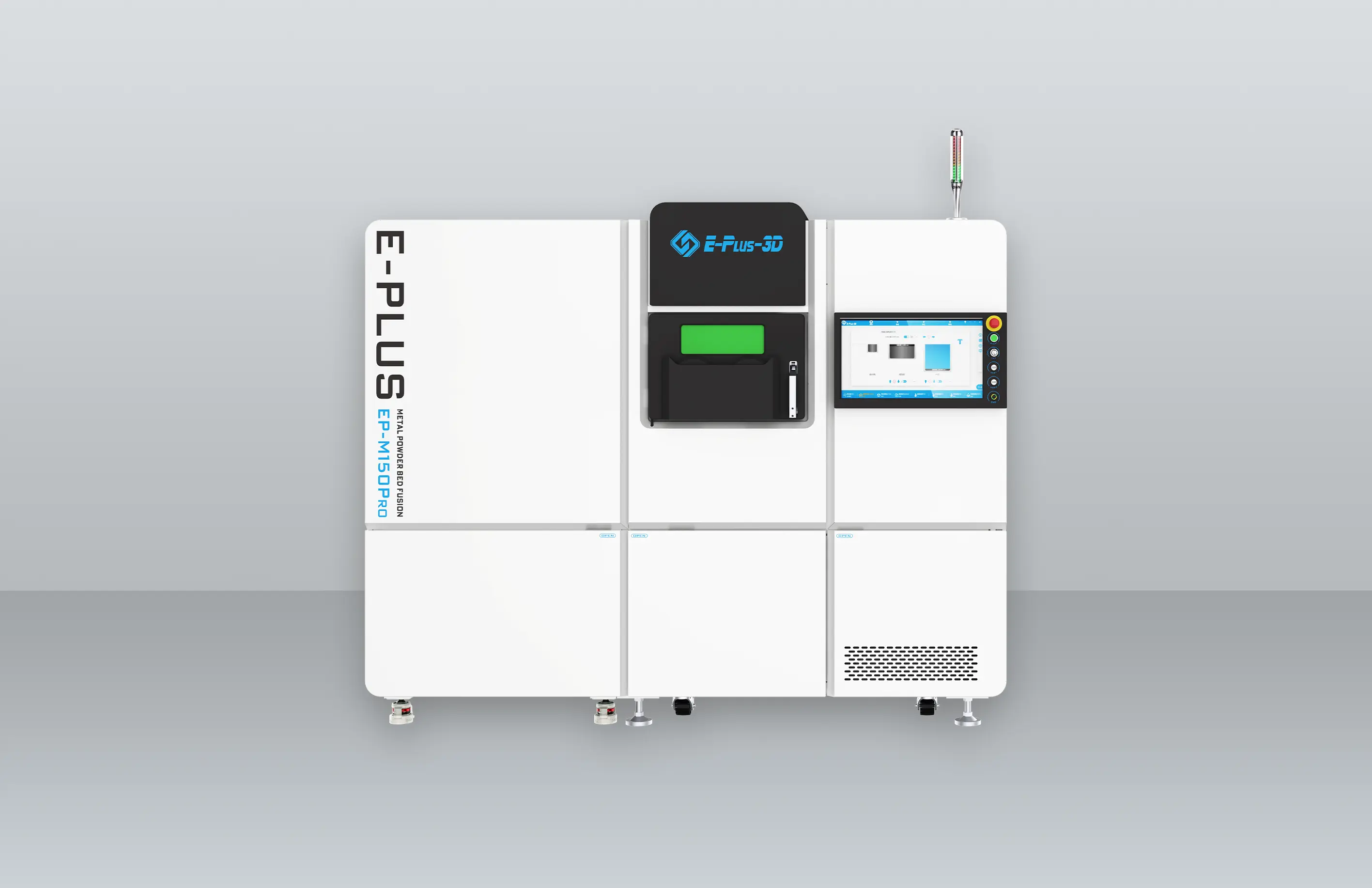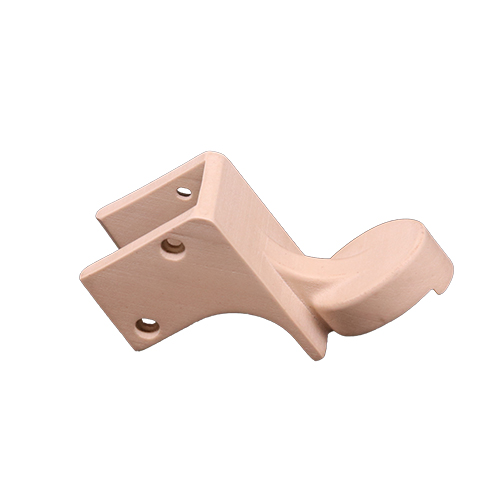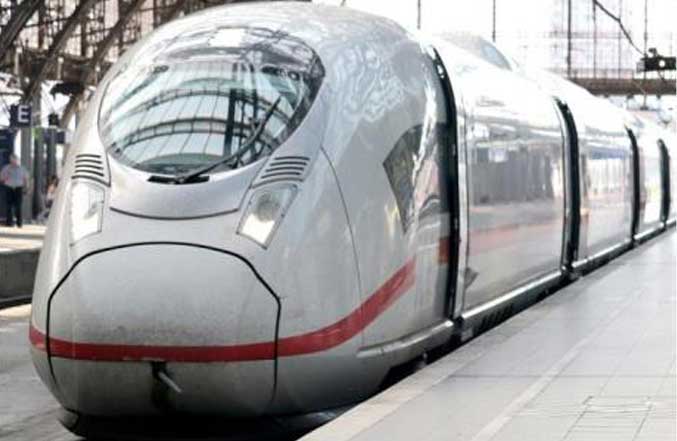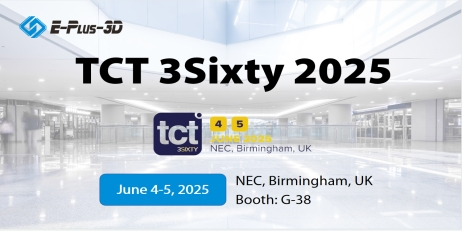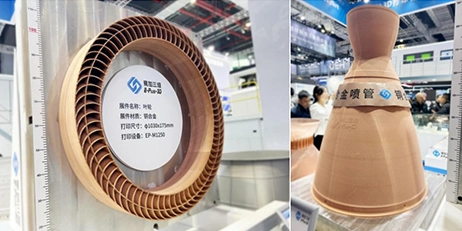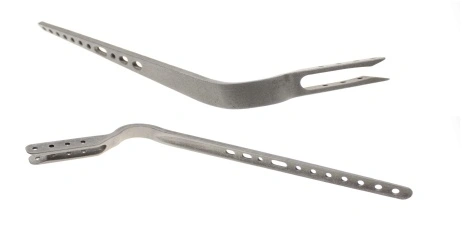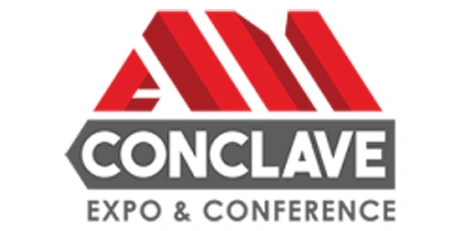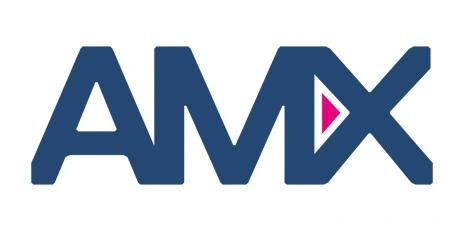Customization begins to be the mainstream and customers start to value the importance of uniqueness increasingly, but how can standard products be designed to meet individual needs?
To most people, the answer boils down to the increasing demands in manufacturing, and tailoring mass production techniques to specific customer requirements. This is the definition of " customization".
Whether to differentiate products or reduce waste, additive manufacturing can make it possible by customizing production, which can also solve certain defects. In this article, we will present the benefits of custom products and the reasons why additive manufacturing can help you achieve custom production.
After that, we'll show you a typical 3D printing customized project.
What is Customization?
Additive manufacturing has come up with a very good explanation of this concept, how they can achieve custom production in additive manufacturing.
Customization allows the customer to make certain modifications, or it can be made exactly as customer envisioned. Customization encourages customers to express their demands and provides appropriate products based on the demands.
The essence of customization is to enable customers to participate in the creation process and integrate this input into mass production.
Why is Customization Relevant to Business?
Customers' needs are constantly changing, and we need to think that their attitudes are constantly changing too. Based on this situation, customers may not rely on mass production entirely as they did in the past.
On the customers’ side, customization enables them to design the products based on their own preferences.
For manufacturers, customization can avoid inventory and reduce waste, which depends on manufacturing speed and supply chain, while mass production of standardized products can lead to production overruns and additional costs.
Why Using Additive Manufacturing for Customization?
When it comes to customization, additive manufacturing presents considerable economic benefits. Additive manufacturing does not require any mould or specific tools that normally are required in traditional manufacturing methods. By setting up the right digital tools, custom requirements from customers can be implemented immediately in 3D files and then into production.
What are Advantages of Additive Manufacturing for Customization?
Additive manufacturing doesn't have much fixed costs as traditional technologies. The cost of setting up manufacturing processes for specific products is lowering. The reason is that additive manufacturing doesn’t rely on mould and it can be adapted to any product directly. Designs can be reapplied with different variations without cost increases or productivity losses.
With additive manufacturing, customers can choose out of many different qualitative materials ranging from plastics to metals. Basically all of customers' products can be manufactured by additive manufacturing. Without any retooling or mould change, the manufacturing process is much faster. This speed, along with the ability to provide customers with a wide range of materials, is the key to providing relevant and meaningful customization options without slowing down of product flow.
Example of Customized 3D Printing from Our Client
Companies across sectors have already perceived the benefits of 3D printing for customization. Here is a typical example showing the benefits of 3D printing for customization.
A company has successfully customized an auto exhaust pipe printed by EPLUS 3D EP-M260 metal 3D printer and the exhaust pipe has been used in a Ford Mustang car for assembly trial. The exhaust pipe consists of three parts, the connecting rod, gas heave and exhaust. We provide the entire solution from design to final production.

Exhaust pipe printed by Eplus3D EP-M260 metal 3D printer
